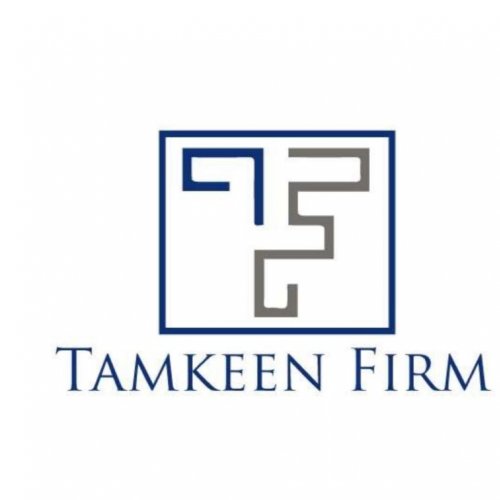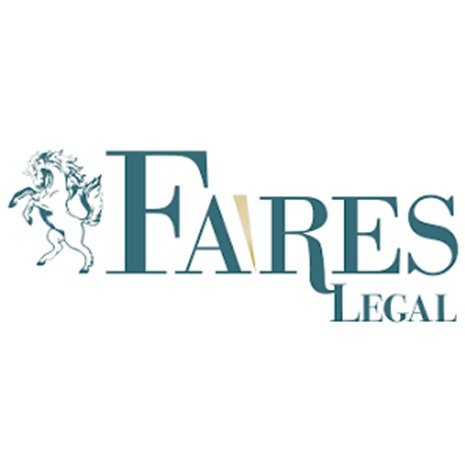Best Business Lawyers in Tripoli
Share your needs with us, get contacted by law firms.
Free. Takes 2 min.
List of the best lawyers in Tripoli, Libya
About Business Law in Tripoli, Libya
Business in Tripoli, Libya is governed by a specific set of laws and regulations. Understanding the legal framework is crucial for both local and foreign entrepreneurs. This guide aims to provide a brief overview of the business environment and relevant legal aspects in Tripoli, Libya.
Why You May Need a Lawyer
There are various situations where seeking legal advice in business matters may be necessary. Some common scenarios include:
- Starting a new business: A lawyer can assist you in understanding the legal requirements and help with registration and licensing processes.
- Contract drafting and negotiation: Lawyers can ensure that your business contracts are legally sound and protect your interests.
- Employment matters: Legal counsel can guide you on labor laws and regulations, including hiring, termination, and employee contracts.
- Dispute resolution: In case of conflicts with partners, employees, or other businesses, a lawyer can help you navigate the resolution process.
- Intellectual property protection: Lawyers can advise on protecting your trademarks, patents, and copyrights.
Local Laws Overview
Understanding the key aspects of local laws related to business in Tripoli, Libya is essential. Some key points to consider are:
- Business structures: The types of legal entities include sole proprietorship, partnership, limited liability company (LLC), and public or joint-stock company.
- Licensing and registration: All businesses must register with the appropriate authorities and obtain the necessary licenses to operate legally.
- Employment regulations: Laws govern matters such as minimum wages, working hours, employee benefits, and health and safety standards.
- Taxation: Familiarize yourself with corporate tax rates, value-added tax (VAT), and other tax obligations your business may have.
- Contract law: Understand the legal requirements for contracts in business transactions and ensure compliance to avoid disputes.
- Intellectual property: Familiarize yourself with the laws concerning trademarks, patents, copyrights, and trade secrets.
Frequently Asked Questions
Q: How can I start a business in Tripoli, Libya?
A: To start a business in Tripoli, Libya, you must first determine the legal structure, register your business with the appropriate authorities, and obtain the necessary licenses and permits. Consulting with a lawyer is recommended to ensure compliance with all legal requirements.
Q: What are the tax obligations for businesses in Tripoli, Libya?
A: Businesses in Tripoli, Libya are subject to corporate taxes and other applicable taxes. It is advisable to consult with a tax lawyer or accountant to understand your specific tax obligations and ensure compliance.
Q: What are the labor laws regarding hiring and employment in Tripoli, Libya?
A: Labor laws in Tripoli, Libya cover various aspects such as minimum wages, working hours, employment contracts, termination procedures, and employee benefits. Familiarize yourself with these laws to ensure compliance when hiring and managing employees.
Q: What is the process for resolving business disputes in Tripoli, Libya?
A: Resolving business disputes in Tripoli, Libya typically involves negotiation, mediation, or arbitration. It is advisable to consult with a lawyer experienced in dispute resolution to guide you through the process.
Q: How can I protect my intellectual property in Tripoli, Libya?
A: Intellectual property can be protected in Tripoli, Libya through trademarks, patents, copyrights, and trade secrets. Consult with an intellectual property lawyer to understand the registration process and ensure your rights are safeguarded.
Additional Resources
Seeking legal advice from the following resources, governmental bodies, or organizations can be helpful for someone in need of legal assistance in business matters in Tripoli, Libya:
- Ministry of Economy and Trade - Official government department responsible for business-related matters.
- Libyan Chamber of Commerce and Industry - Represents the interests of businesses and provides resources and support.
- Law firms specializing in business law in Tripoli, Libya - An experienced lawyer with expertise in business law can provide invaluable guidance.
Next Steps
If you require legal assistance in business matters in Tripoli, Libya, consider taking the following steps:
- Identify the specific area in which you need legal advice, such as starting a business, contract negotiation, or intellectual property protection.
- Research reputable law firms or lawyers specializing in business law in Tripoli, Libya.
- Contact the selected law firm(s) to schedule a consultation and discuss your legal needs.
- In the consultation, provide all relevant information and documents to facilitate an informed assessment of your situation.
- Based on the consultation, make an informed decision on whether to proceed with legal representation.
Lawzana helps you find the best lawyers and law firms in Tripoli through a curated and pre-screened list of qualified legal professionals. Our platform offers rankings and detailed profiles of attorneys and law firms, allowing you to compare based on practice areas, including Business, experience, and client feedback.
Each profile includes a description of the firm's areas of practice, client reviews, team members and partners, year of establishment, spoken languages, office locations, contact information, social media presence, and any published articles or resources. Most firms on our platform speak English and are experienced in both local and international legal matters.
Get a quote from top-rated law firms in Tripoli, Libya — quickly, securely, and without unnecessary hassle.
Disclaimer:
The information provided on this page is for general informational purposes only and does not constitute legal advice. While we strive to ensure the accuracy and relevance of the content, legal information may change over time, and interpretations of the law can vary. You should always consult with a qualified legal professional for advice specific to your situation.
We disclaim all liability for actions taken or not taken based on the content of this page. If you believe any information is incorrect or outdated, please contact us, and we will review and update it where appropriate.
Browse business law firms by service in Tripoli, Libya
Tripoli, Libya Attorneys in related practice areas.











